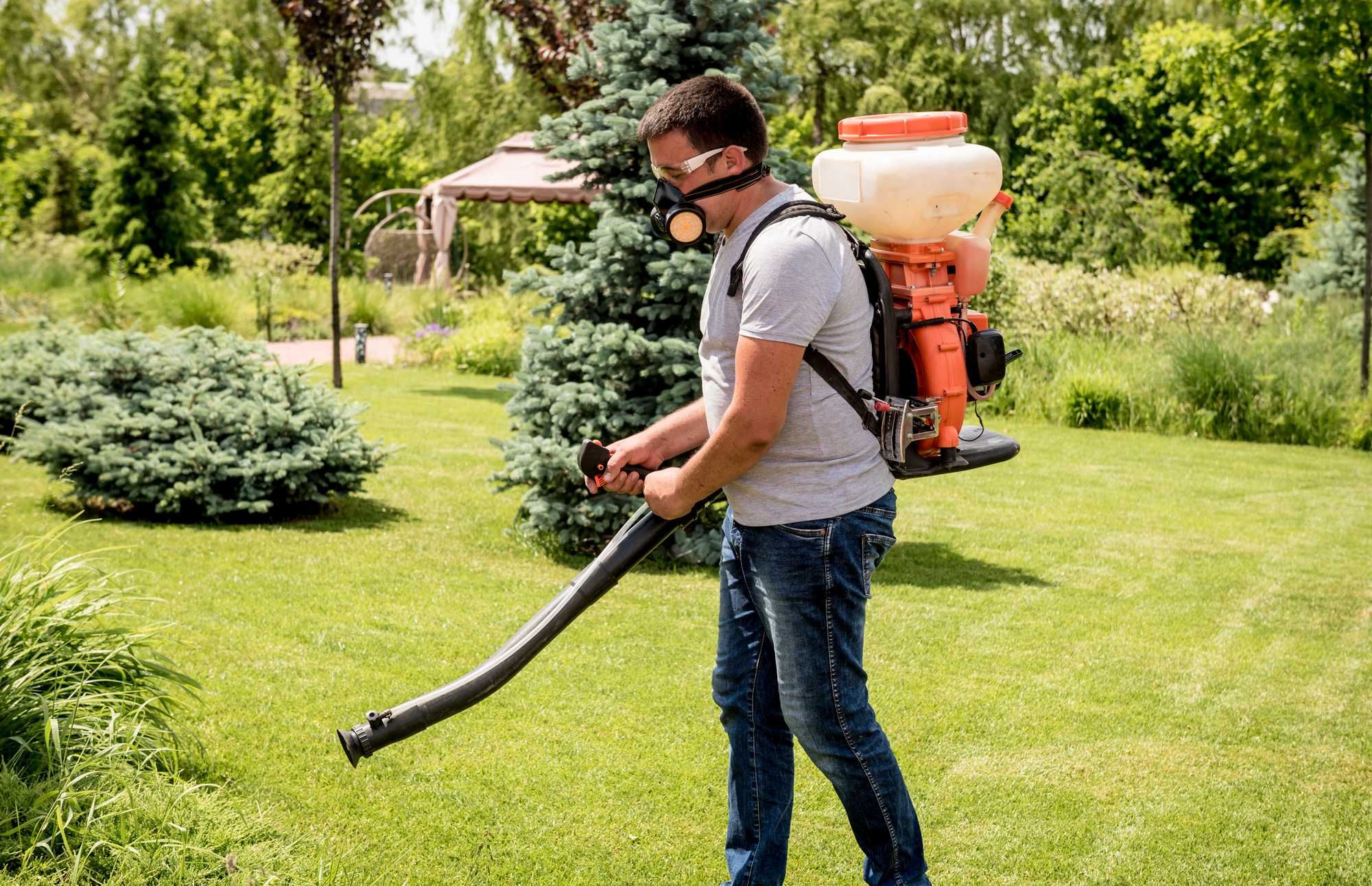Top Class Actions’s website and social media posts use affiliate links. If you make a purchase using such links, we may receive a commission, but it will not result in any additional charges to you. Please review our Affiliate Link Disclosure for more information.
A California court of appeals has denied Bayer’s request to go to trial over a $289.2 million Roundup herbicide cancer award. However, the court did concede to reduce the judgement to just $20.4 million.
Dewayne Johnson, a California groundskeeper, asserted that his non-Hodgkins lymphoma was caused by Roundup herbicide; he won his 2018 jury trial over the case. Now, Bayer has attempted to fire back against this judgement by challenging the groundskeeper’s assertion that Monsanto and parent company Bayer should have warned consumers about the potential risks associated with Roundup, a popular weedkiller.
The Wall Street Journal explains that Bayer had argued that regulations from the Environmental Protection Agency had prevented the company from including a warning on Roundup products that glyphosate, the product’s main ingredient, can cause cancer. However, the court reportedly was not convinced that the EPA statement that glyphosate is not harmful to humans is not binding.
According to the court, Johnson had sufficiently established that Bayer did indeed know the dangers of glyphosate, and that it could cause cancer. Dewayne brought in other experts to support the claim that glyphosate and other Roundup herbicide ingredients could be carcinogenic, and made a claim that Bayer was well aware.
The appeals court determined that economic damages and punitive damages should each be awarded $10.2 million, for a total of $20.4 million. This reduction was the second to have been made to Johnson’s award. The original $289.2 million award had previously been reduced to $78.5 million.
Bayer has expressed approval with the reduction in the verdict, but believes that the verdict should have been reversed entirely. Not content with the determination made by the court of appeals, the company has stated that it intends to take the appeal to the California Supreme Court.
According to Bayer, the court should have aligned its decision with the EPA’s determination that Roundup was safe, saying that the decision was “inconsistent with the evidence at trial and the law.”
The Wall Street Journal speculates about the effect that this could have on Bayer’s ability to contend with other lawsuits concerning Roundup herbicide. Reportedly, Bayer has already reached over $10 billion in settlement agreements in 75 percent of 125,000 other cases alleging Roundup is carcinogenic. Though the company is attempting to settle the other 25 percent of claims against Roundup, the fact that an appellate court declined to entirely reverse a judgment in a plaintiff’s favor might encourage other potential plaintiffs to take their claims to court instead of settling with Bayer.
Despite mounting scrutiny and thousands of lawsuits filed against them, Bayer maintains that glyphosate is safe. However, some believe that this is a position based on biased studies. EcoJustice, a Canadian law charity, claims that Bayer and Monsanto actively covered up their knowledge that glyphosate could cause cancer. In fact, the organization noted that a United States lawsuit asserted that internal documents from Monsanto indicated that the company intentionally changed scientific papers to make glyphosate appear safer than it is.
Business Insider notes that Monsanto has repeatedly stated that a 2017 study indicated that there is no “statistically significant” association between glyphosate and cancer risk. However, Business Insider alleges that the same study actually shows that people who spray glyphosate are more likely to develop acute myeloid leukemia than other people.
EcoJustice and other critics worry that misinformation like this was used as the basis for health policy and governmental organizations’ decision making around glyphosate. According to EcoJustice, this misinformation has been translated into policy around the world, putting lives of the public at risk. Now, the nonprofit is urging Health Canada to reconsider their current position that glyphosate is safe, while individuals around the world are vying for similar changes.
Join a Roundup Weed Killer Cancer Class Action Lawsuit Investigation
You may qualify for this Roundup cancer lawsuit investigation if you were diagnosed with one of these conditions after using Roundup:
- Non-Hodgkin’s lymphoma
- B-cell lymphoma
- T-cell lymphoma
- Chronic lymphocytic leukemia (CLL)
- Hairy cell lymphoma
See if you qualify by filling out the form on this page for a case evaluation with an experienced Roundup lawsuit attorney.
This article is not legal advice. It is presented
for informational purposes only.
ATTORNEY ADVERTISING
Top Class Actions is a Proud Member of the American Bar Association
LEGAL INFORMATION IS NOT LEGAL ADVICE
Top Class Actions Legal Statement
©2008 – 2024 Top Class Actions® LLC
Various Trademarks held by their respective owners
This website is not intended for viewing or usage by European Union citizens.
Get Help – It’s Free
Join a Roundup Weed Killer Cancer Class Action Lawsuit Investigation
For the most up-to-date information on this case, click here.














